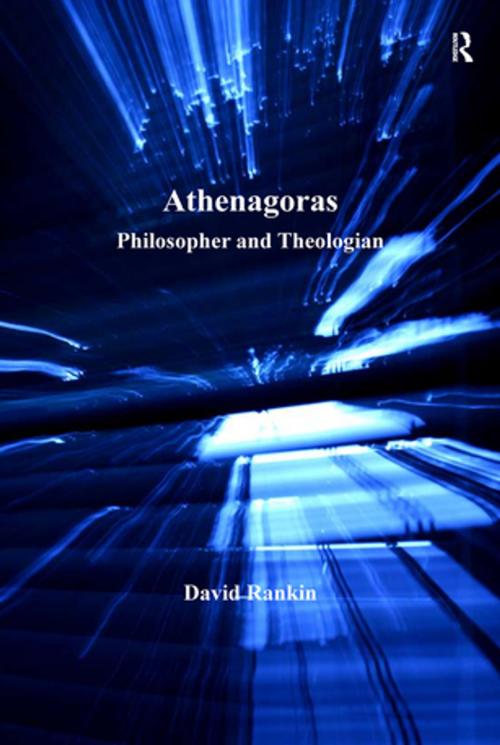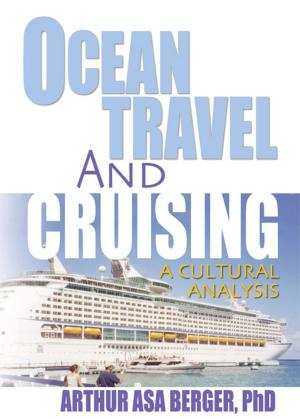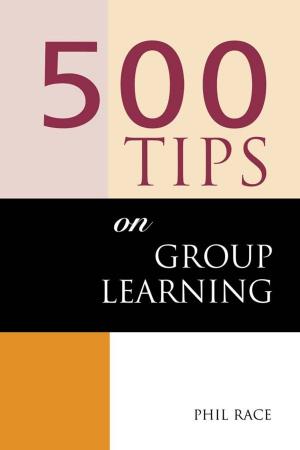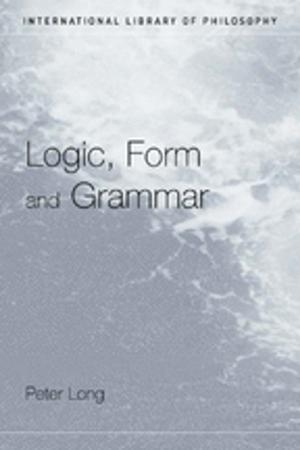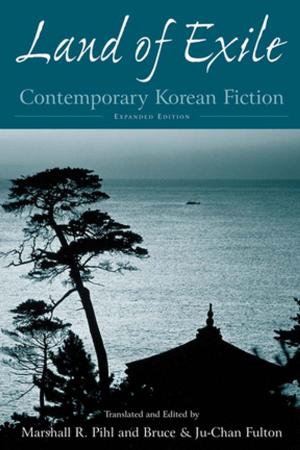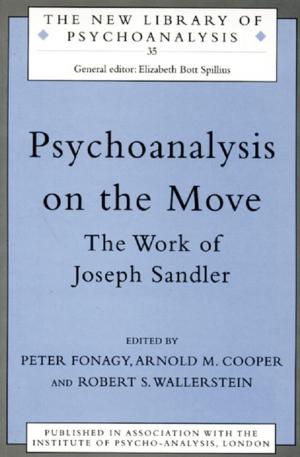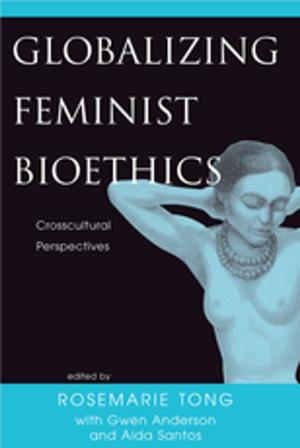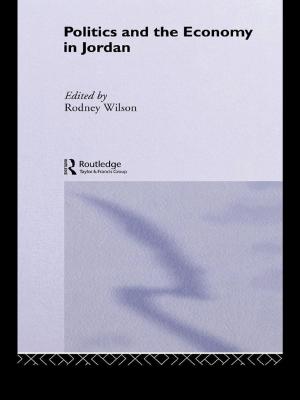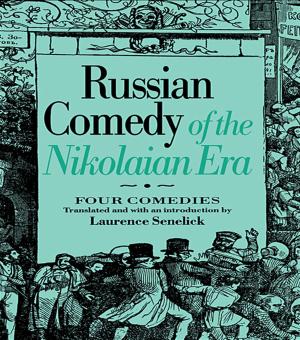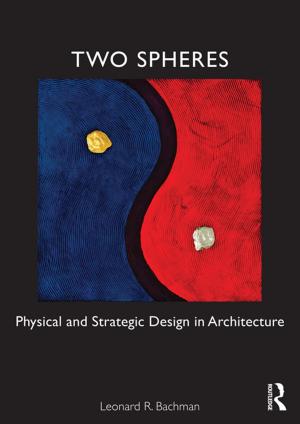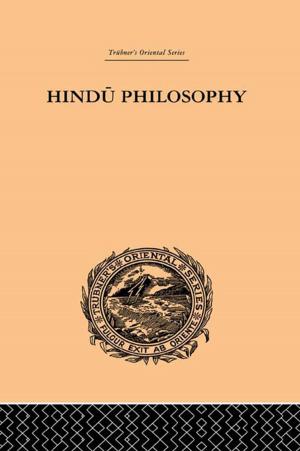| Author: | David Rankin | ISBN: | 9781317177548 |
| Publisher: | Taylor and Francis | Publication: | April 8, 2016 |
| Imprint: | Routledge | Language: | English |
| Author: | David Rankin |
| ISBN: | 9781317177548 |
| Publisher: | Taylor and Francis |
| Publication: | April 8, 2016 |
| Imprint: | Routledge |
| Language: | English |
Athenagoras of Athens was a Christian thinker of the second century who engaged with contemporary philosophical thought in the matters of the divine, and the relationship of that divine to the material world. While clearly a Christian apologist, Athenagoras presents doctrines of God, of the Holy Trinity, and of other theological matters which clearly evidence an engagement with Greek philosophical thought which goes beyond the merely linguistic and embraces the notion of God as true being. Athenagoras is a Church Father who has not been given great attention in twentieth-century and early twenty-first-century scholarship. This book explores Athenagoras' undeniable place in the development of Christian thought on the divine, on the Trinity, on the human person, and on the resurrection. His work provides an important link between the mid-second-century and the work of Justin and that of the third-century Christian theologians of the East.
Athenagoras of Athens was a Christian thinker of the second century who engaged with contemporary philosophical thought in the matters of the divine, and the relationship of that divine to the material world. While clearly a Christian apologist, Athenagoras presents doctrines of God, of the Holy Trinity, and of other theological matters which clearly evidence an engagement with Greek philosophical thought which goes beyond the merely linguistic and embraces the notion of God as true being. Athenagoras is a Church Father who has not been given great attention in twentieth-century and early twenty-first-century scholarship. This book explores Athenagoras' undeniable place in the development of Christian thought on the divine, on the Trinity, on the human person, and on the resurrection. His work provides an important link between the mid-second-century and the work of Justin and that of the third-century Christian theologians of the East.
